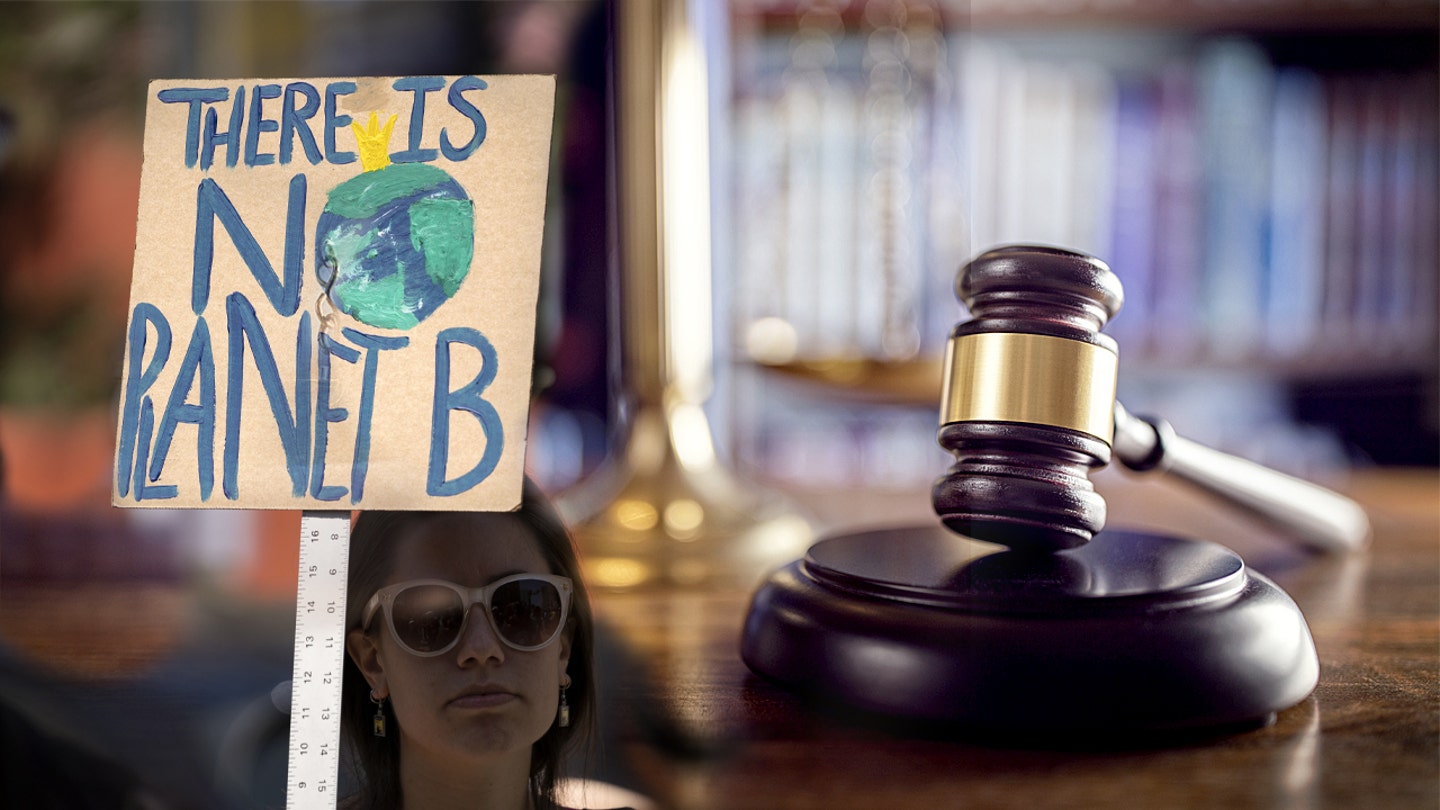NEWYou can now listen to news articles!
A judge dismissed the City of Charleston’s lawsuit against two dozen energy companies, stating that the court lacks authority under South Carolina law to proceed with lawsuits involving broad claims about climate change.
Judge Roger Young of the South Carolina Court of Common Pleas expressed concerns that such lawsuits could result in a flood of legal actions over various weather events and could potentially involve an unlimited number of plaintiffs.
“Already, scores of states, counties, and municipalities have sued a hodgepodge of oil-and-gas companies for the alleged weather-related effects of climate change,” Young wrote in an opinion. “If these lawsuits were successful, municipalities, companies, and individuals across the country could bring suits for injuries after every weather event. The list of potential plaintiffs is unbounded.”
The judge’s ruling was made with prejudice, meaning the lawsuit cannot be refiled. However, Charleston has the option to appeal the decision.
In 2020, the city initially filed the lawsuit, alleging that the energy companies and the pipeline were a nuisance and failed to adequately warn about the climate impact of fossil fuels. The city sought damages for increased flooding, severe storms, higher temperatures, and disruptions to ecosystems.
Environmentalists and climate change advocates have initiated lawsuits nationwide, including challenges against emissions from the trucking industry, with the goal of restricting fossil fuels and promoting alternative energy sources. Critics of these efforts welcomed Young’s decision.

A protester holds a “There is no Planet B” sign next to a judge’s gavel. (Brian A. Jackson/South Florida Sun Sentinel; Ronen Tivony/SOPA Images/LightRocket via Getty Images)
Christopher Mills from Spero Law, a constitutional law expert and former clerk for Justice Clarence Thomas, described the dismissal of the lawsuit as “unsurprising.”
“Judge Young’s decision aligns with the consensus of courts nationwide, which have determined that state tort law is not the appropriate avenue to address the complex issue of global climate change,” Mills stated.
“It would be unfortunate if the city continued to support this baseless pursuit by West Coast trial lawyers to deprive Americans of essential energy resources. As Judge Young pointed out, the city’s theory could make itself liable, given its use of fossil fuels for various purposes and its role in building infrastructure supporting fossil-fuel-powered transportation.”
Jason Isaac, CEO of the American Energy Institute, criticized the lawsuit as part of an “ESG-driven” operation, referring to investment practices based on political agendas.
“Courts should not be used to hold American energy producers responsible for the global and ongoing phenomenon of climate change,” Isaac stated. “This case was part of a coordinated, ESG-driven effort to extort energy companies and enforce climate policies through litigation rather than legislation. The judge made the right decision to dismiss it.”
Ashley Oliver is a reporter covering legal affairs for a digital news outlet. Story tips can be emailed to ashley.oliver@news.com.





